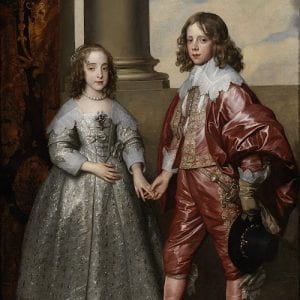
Please join the Renaissance Workshop
MONDAY, January 22nd, when
Joseph Torres
PhD Candidate, University of California Los Angeles
presents the paper
“The Worldmaking of the Parasite in John Donne’s Metempsychosis“
MONDAY, January 22nd
5:00-6:30pm
Cobb Hall 430
*please note the different room*
The paper, to be read in advance, has been distributed to the Renaissance Workshop mailing list and is available on our website under the password “posthumanism.” Light refreshments will be served.
Abstract:
John Donne’s Metempsychosis (1601) is a thought-experiment that satirizes the Pythagorean system of metempsychosis as depicted in Ovid’s Metamorphoses.1 This system serves as a legacy for Donne’s poem, but the poem depicts it as a post facto, synthetic, mental operation to make sense of the accidental array of circumstances that constitute the past. The “great Soul,” as Donne calls his protagonist, perpetually dies and reincarnates in multiple forms—vegetable, animal, and human (11).2 Throughout the text, the great soul becomes an effective parasite because she moves through different permutations of parasitic logic, learning how to locate weaknesses and take advantage of inherent flaws in new situations. Thus I draw on Michel Serres’s The Parasite, which argues that the asymmetrical relation of taking without giving is the basis for a model of parasitism that applies to a variety of contexts, including literary works.3 Parasitic logic provides linkages between the senses of failure and the posthumanist intuitions circulating throughout Metempsychosis. The poem capitalizes on weaknesses in traditional discourses and converts these flaws or failures into opportunities for remaking worlds. Virtually any form (perhaps all forms) of intertextuality can entail a species of parasitism, but the parasitic position of Metempsychosis subverts the older, universal sense of “the world” from within. In turn, the tactical, unfinished dimension of this worldmaking operation sets the stage for the dislocating effects associated with the text’s emergent, posthumanist insights. Donne’s poem shows the affinity between parasitic logic and posthumanist investments in thinking about the tenuous link between intentional agency and contingent processes.
If you would like to join our mailing list, please click here. We are committed to making our workshop accessible to all persons. Questions, requests, and concerns should be directed to Andrés Irigoyen (airigoyen@uchicago.edu) or Alyssa Mulé (amule@uchicago.edu).




